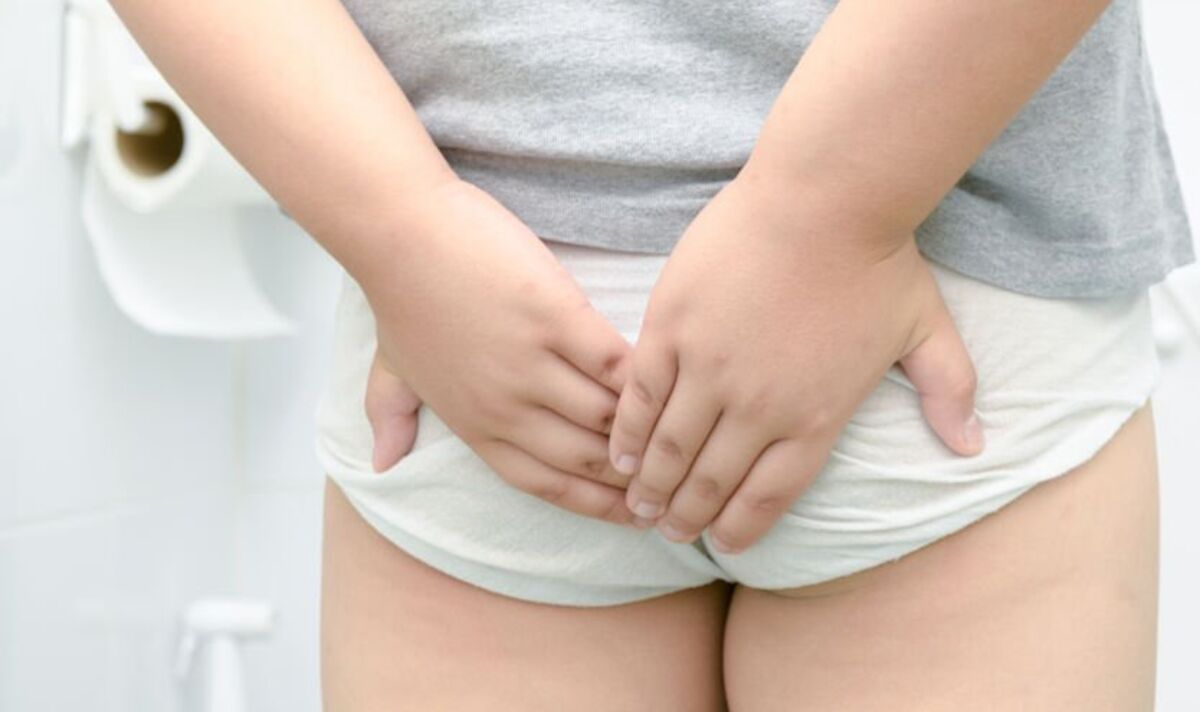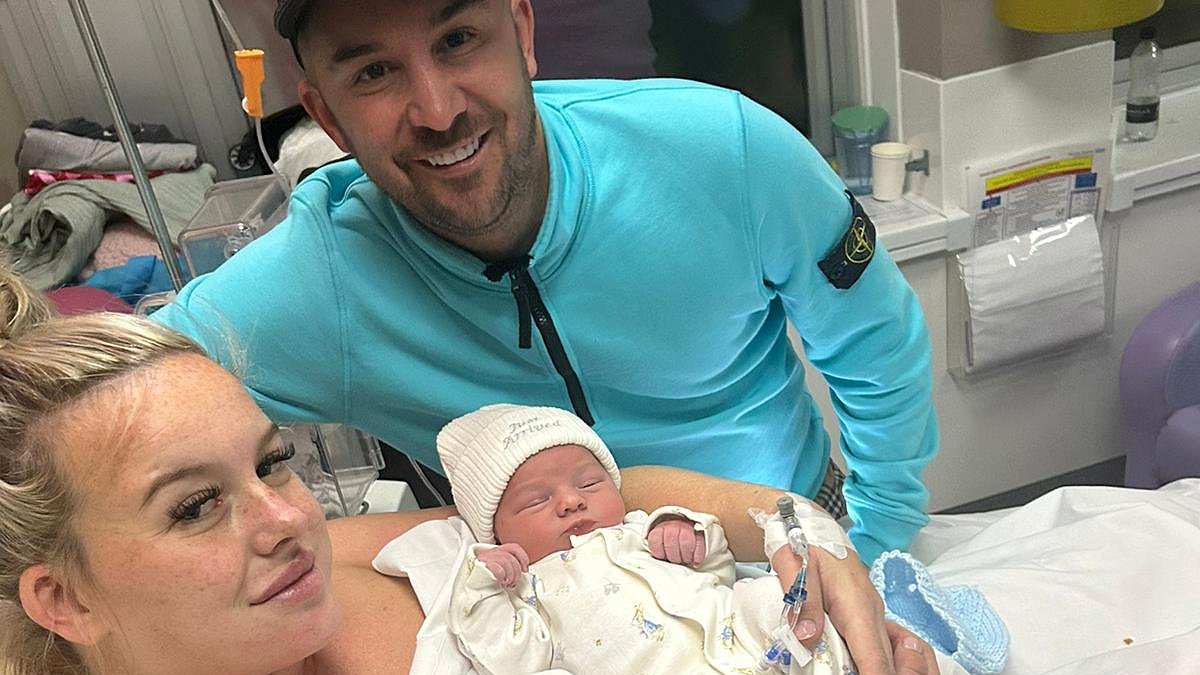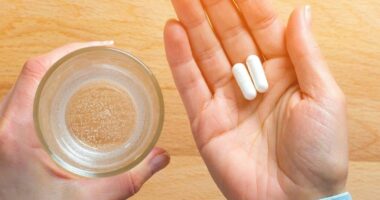An itchy bottom is uncomfortable and sometimes embarrassing. There can be a number of causes according to Dr James O’Donovan, a doctor based in the UK, and identifying the cause can help in choosing the right treatment.
1. Poo in contact with the skin
Dr O’Donovan, who has 211,000 subscribers on YouTube, shared six causes – the first being the most common cause. He said: “In around 90 percent of cases, the symptom arises because your poo stays in contact with the skin around your anus and this causes irritation.
“Minor leaks of poo, passing wind, and not cleaning the area after opening your bowels properly can lead to an itchy bottom.” He added things like constipation, diarrhoea, haemorrhoids (piles) and skin tags can make the leakage of poo more likely and make the skin around your bottom harder to keep clean, which can make the irritation worse. Frequent and vigorous cleaning of the skin around the bottom can also add to this.
2. The second cause is skin conditions around the anus
This includes psoriasis, eczema, thrush, fungal infections, said Dr O’Donovan.
3. Threadworms
Threadworms are a common cause of an itchy bottom in children, said Dr O’Donovan. He explained: “The itching is usually worse at night. In this case you’ll see tiny little white worms that look like pieces of thread in the poo. And if you do notice this, it’s important you speak to your pharmacist who can offer over-the-counter treatment.”
4. Allergy to something in contact with the skin around your bottom
Dr O’Donovan said this can include an allergy to fragrance – fragranced toilet paper, or local anaesthetics, or preservatives that are used in creams that are used for piles, condoms, and lubricants.
5. Using moist wipes, soaps or perfumes
The skin around your bottom is very thin and sensitive and it can easily be irritated by moist wipes, soaps or perfumes, said Dr O’Donovan.
He added: “These may make the skin sore and can contribute to the sensation of your itching bottom.”
6. Sweating
Don’t underestimate sweating as a cause, said Dr O’Donovan – the skin around the bottom is often moist with sweat.
He continued: “If lengthy periods pass without ventilation to the area, for example, you sit down for a long time and you’re wearing tight underwear, the skin can become more irritated as well as itchier.”
How to treat an itchy bottom
Because there are so many different causes of an itchy bottom, there’s no one treatment that can cure all the causes, said Dr O’Donovan. So it’s really important you get the correct diagnosis to find out what the underlying cause is to ensure you get the right treatment.
For example if your itchy bottom is being caused by sweating, the treatment is going to be very different if your itchy bottom is due to constipation or threadworms.
There are areas available that can be used to treat the symptoms of an itchy bottom. While these won’t necessarily cure the underlying cause, they can help provide some temporary relief for symptoms, said Dr O’Donovan.
But if you have a rarer cause of an itchy bottom, your healthcare provider might suggest tablets or medicine.
Dr O’Donovan also recommended three general things you can try doing yourself at home to make your symptoms better.
1. Have regular bowel movements where your poo is soft but not runny. To help with this drink plenty of water and make sure your diet contains fibre-rich foods, like fruit, vegetables, bran, oats and nuts.
2. After you’ve been to the toilet, gently clean your bottom with lukewarm water and pat it dry with a soft towel. Ideally to do this you should use a shower or a bidet and avoid rubbing the area or leaving any soap or toilet tissue in contact with the skin. This will just irritate it.
3. Avoid irritating or scratching your bottom. Avoid using moist wipes, deodorants, disinfectants, Talcum Powder or any other perfumed products. They can be too harsh for delicate skin around your bottom.
You should also try keeping your fingernails short, wear loose cotton underwear, and you can sleep without clothes to ensure that fresh air is getting into this area.










